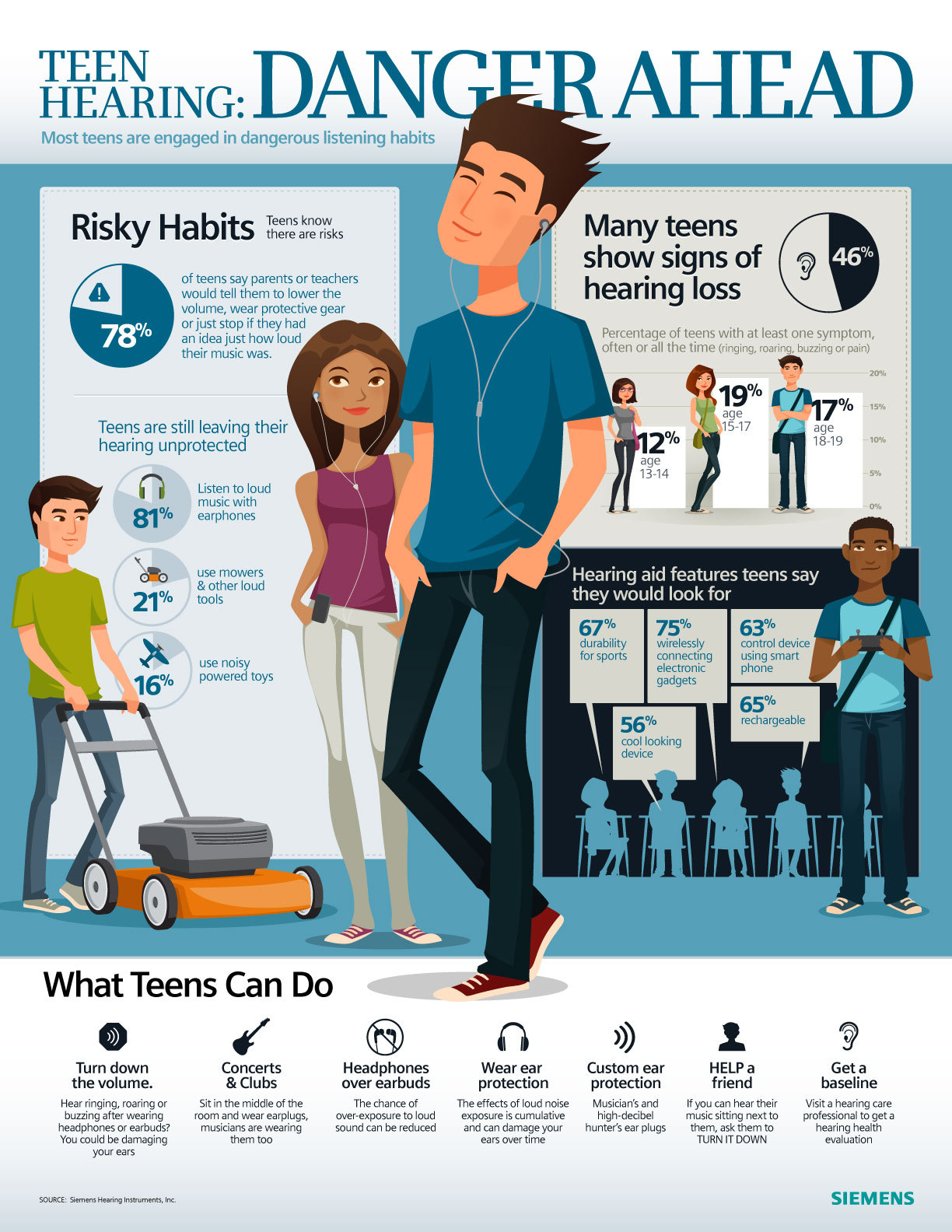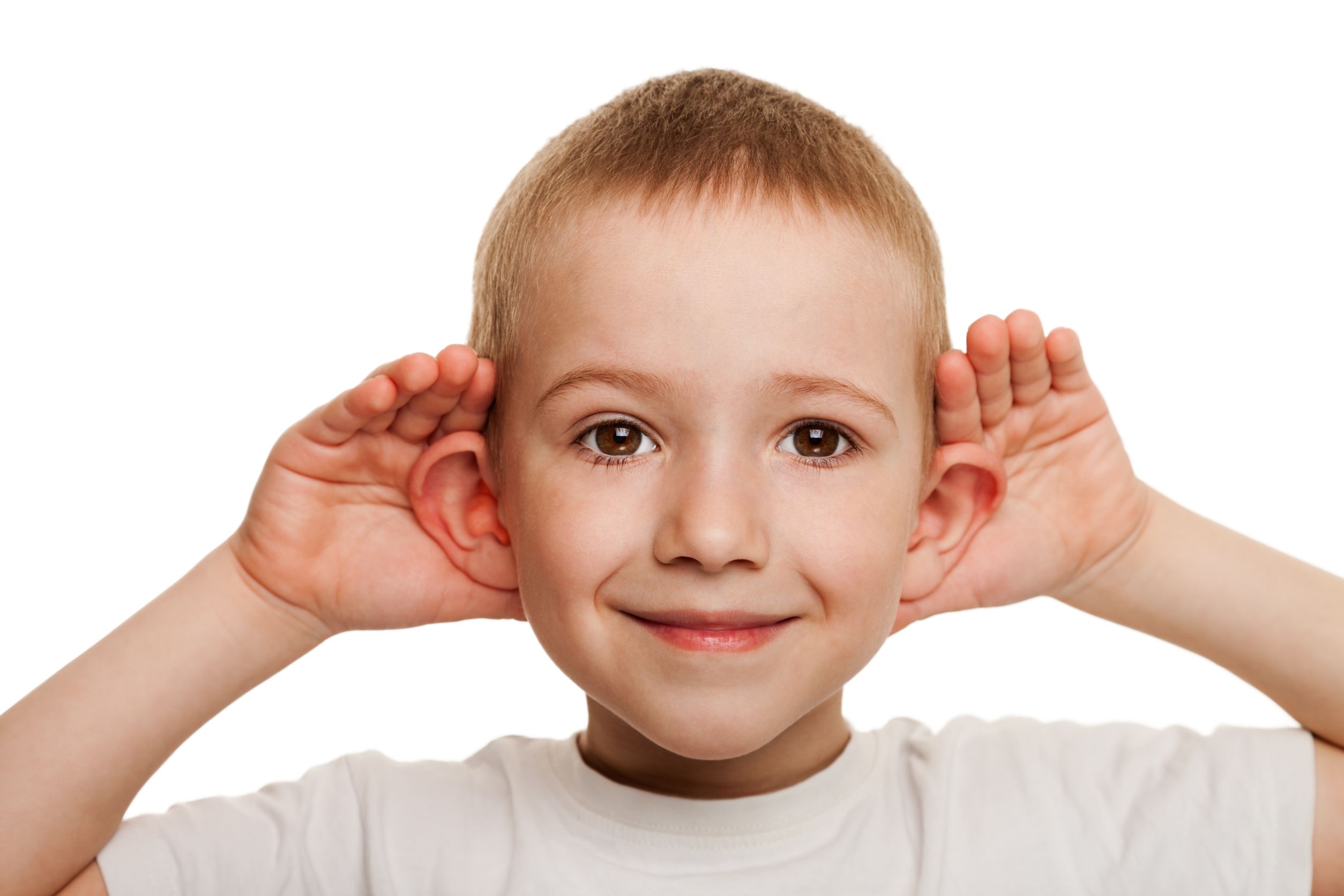
Though for the most part noise is simply regarded as a nuisance, it has the potential to become harmful to young ears.
Noise is generally defined as any unwanted sound, and is measured by the intensity and frequency of the sound waves that hit the ear. We measure this in decibels (dB). The greater the decibel, the louder and more harmful the it can be on the ears.
When we hear, moving molecules enter our ear and the pressure behind them causes the tiny bones to move. These bones then make the eardrum vibrate, which sends signals to your brain that there is a sound.
Though hearing defects may not be something you actively think about, children engage in activities daily that have the potential to cause harm to their hearing.
Activities such as sporting events, playing with toys that emit loud noises, video games, and listening to music through headphones can all cause harm to your child’s ears.
For a better perspective on when noise becomes harmful, any noise above 85 dB can be harmful on hearing, a Walkman or tractor emits 95 dB, an ambulance or jackhammer releases around 125 dB.
There are several adverse health effects associated with noise and children, such as interfering with speech and language.
When a child is repeatedly exposed to noise during critical development periods, it can affect how the child acquires speech, language, and even reading and listening skills. Noisy environments can prevent children from concentrating which can impair learning.
Harmful exposure to noise can impair hearing and cause tinnitus, or a ringing sound in the ear. In addition to the physical and psychological effects noise exposure can have, it is estimated that around 5 million children suffer from Noise Induced Hearing Loss or NIHL.
This hearing loss is irreversible, but it is preventable by taking the proper precautions.
So what can you do to prevent irreversible damage?
- Tell your children to avoid sources of loud noises
- Limit the time they spend on noisy activities
- Turn down the volume of their video games and music players
- Get their hearing checked regularly if they participate in noisy activities routinely

